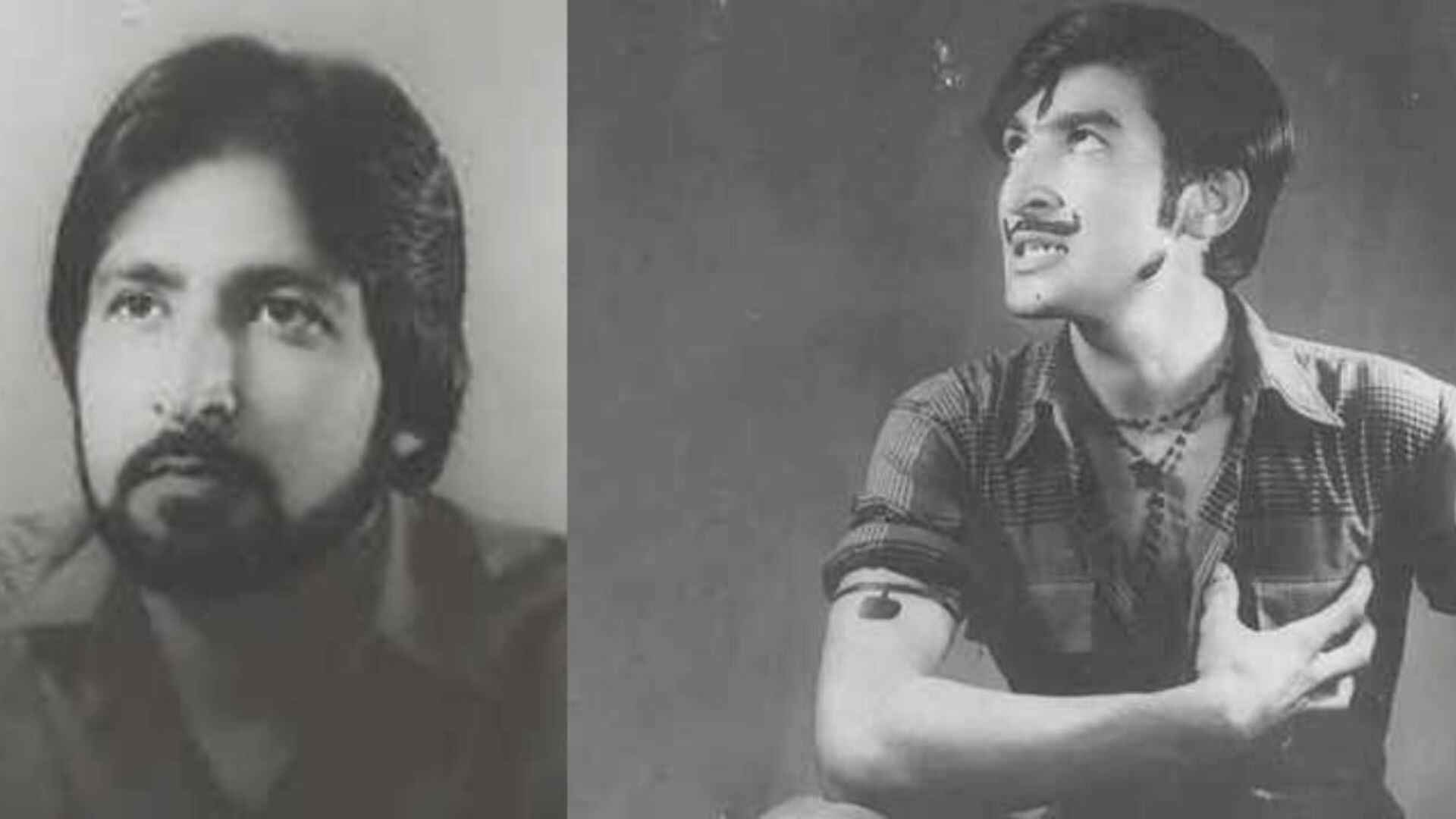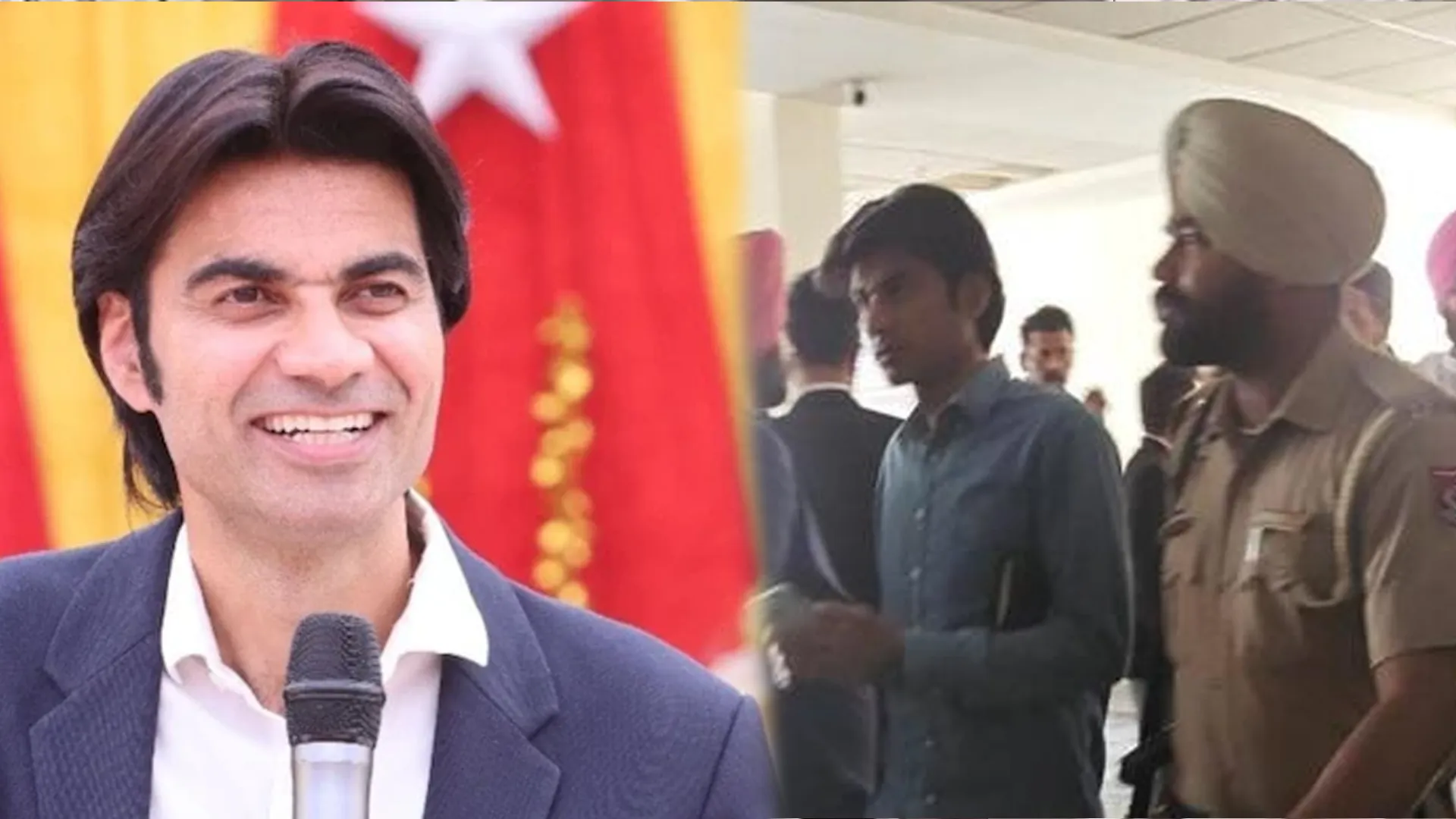The real world of espionage is often far more intense, brutal, and tragic than portrayed in fiction. A prime example is Ravindra Kaushik, famously known as Black Tiger. He was dispatched to Pakistan in November 1975 at just 23 years old. Born on April 11, 1952, in Sri Ganganagar, Rajasthan, Kaushik grew up hearing tales of the animosity and conflict between India and Pakistan. He earned a B.Com degree from S. D. Bihani P. G. College, Sri Ganganagar, and had a passion for theatre.
Recruitment and Training
Various accounts suggest that he connected with officials from the R&AW (Research and Analysis Wing), India’s foreign intelligence agency. One report claims it was Kaushik’s theatrical talents that drew their attention, leading to his recruitment as an undercover agent. He underwent two years of intensive training with the R&AW before commencing his mission for Project X.
Undercover in Pakistan
For years, his family believed he was working a regular job in Delhi. To successfully infiltrate Pakistan as an undercover agent, he trained in Urdu and the religious practices of Islam. He underwent circumcision and adopted the identity of Nabi Ahmed Shakir, effectively erasing his Indian persona and settling in Islamabad. Kaushik, as Shakir, enrolled at Karachi University, where he pursued an LLB, and eventually secured a clerical position in the Pakistani Army.
‘Not Even His Wife Suspected’
“The material that flowed from this office was a goldmine for the agency. From his position in Pakistan’s military accounts service, Kaushik was able to report on the movements of military units, the postings of key officers, and even the movements of trains with war material,” notes Praveen Swami for The Print. Between 1979 and 1983, he married a Pakistani woman, Amanat Nabi, and had children with her. His operation was seamless, and not even his wife suspected his true identity.
The Unsung Hero
However, his luck eventually ran out when Pakistani counter-intelligence uncovered his status as an Indian spy. In 1985, Kaushik was arrested and sentenced to death, a verdict that was later commuted to life imprisonment by Pakistan’s Supreme Court. He endured years of torture at the detention center in Sialkot. After 16 years in prison, he died in Mianwali prison in Pakistan, receiving no recognition for his sacrifices.
How Was He Exposed?
Details about Kaushik’s exposure are scarce, but various accounts exist. One suggests that another agent, Inyat Masih, sent by the R&AW, was apprehended by Pakistan’s Joint Counter-Intelligence Bureau. Another theory posits that Kaushik’s lack of relatives in Pakistan led to increased surveillance by the agency.
His harrowing tale has inspired various books and films, highlighting the complexities and dangers of espionage.























